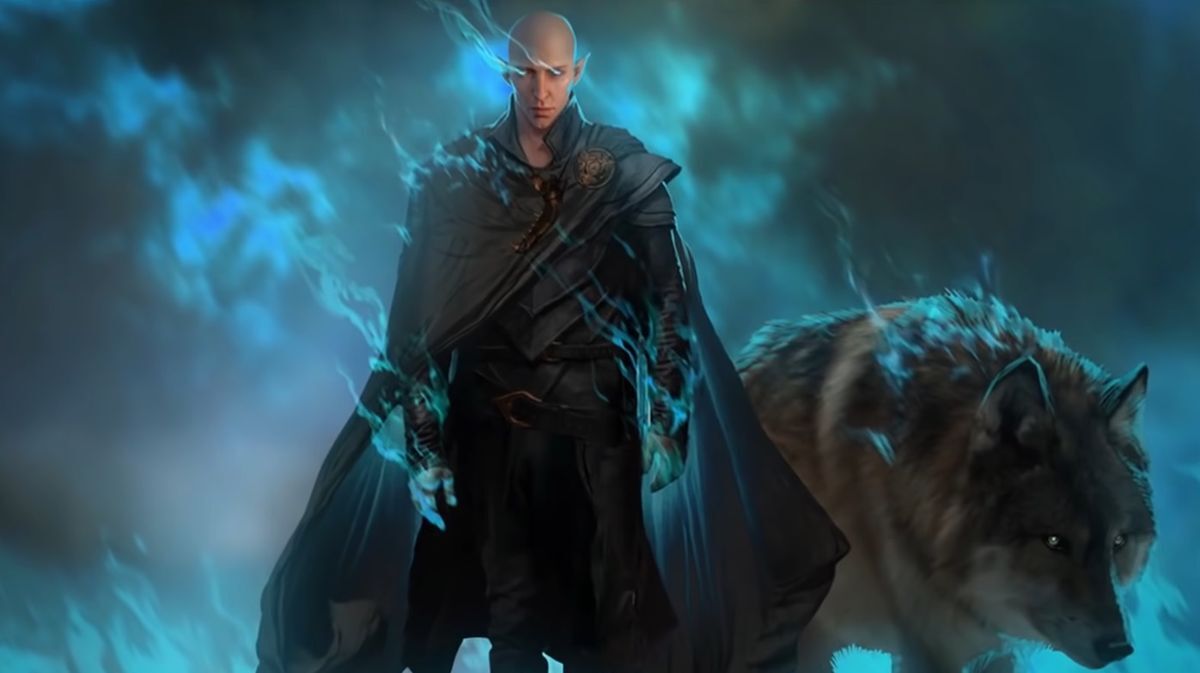“Dragon Age in the early days had its fair share of identity crises,” Flynn says. “Was it going to be a tools-driven, modding-driven game like Neverwinter Nights? Was it going to be a big singleplayer RPG like The Elder Scrolls IV: Oblivion?”
“Dragon Age on PC shipped with the toolset, so we did do that,” Flynn says.
Dragon Age: Origins does have a quite prolific modding community that’s created new party members, tons of hairstyles and armor sets, combat mods, and more. The output for Dragon Age 2 was noticeably smaller. Then BioWare switched to DICE’s Frostbite Engine, notoriously difficult for modders to use, especially without official tools, and Dragon Age: Inquisition’s modding community was hamstrung.
“I wish we’d kept that up and stuck to that,” Flynn says of shipping Dragon Age games with modding tools. “Unfortunately we got, I’d say, a little too homogenous between Mass Effect and Dragon Age. I wish we would have kept more of a PC-centric, Neverwinter-like identity for Dragon Age.”
Flynn describes the move to Frostbite as a push to standardize tools internally across BioWare’s then-growing studios. “We had so many different engines for so long at BioWare,” Flynn says, explaining that the studio hoped to create a more common vocabulary across teams who could share what they’d built with one another’s projects.



At this point, I won’t believe Dreadwolf is actually coming out until it’s on store shelves.
That’s how I treat all games, and even then I try to ignore it until a few weeks after launch when most of the worst bugs are patched.